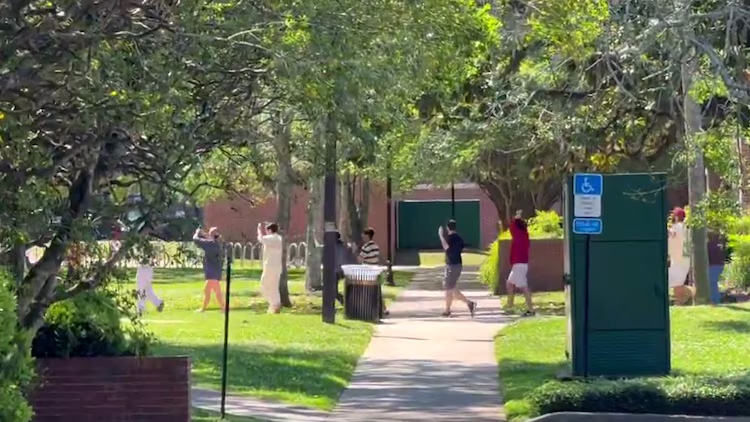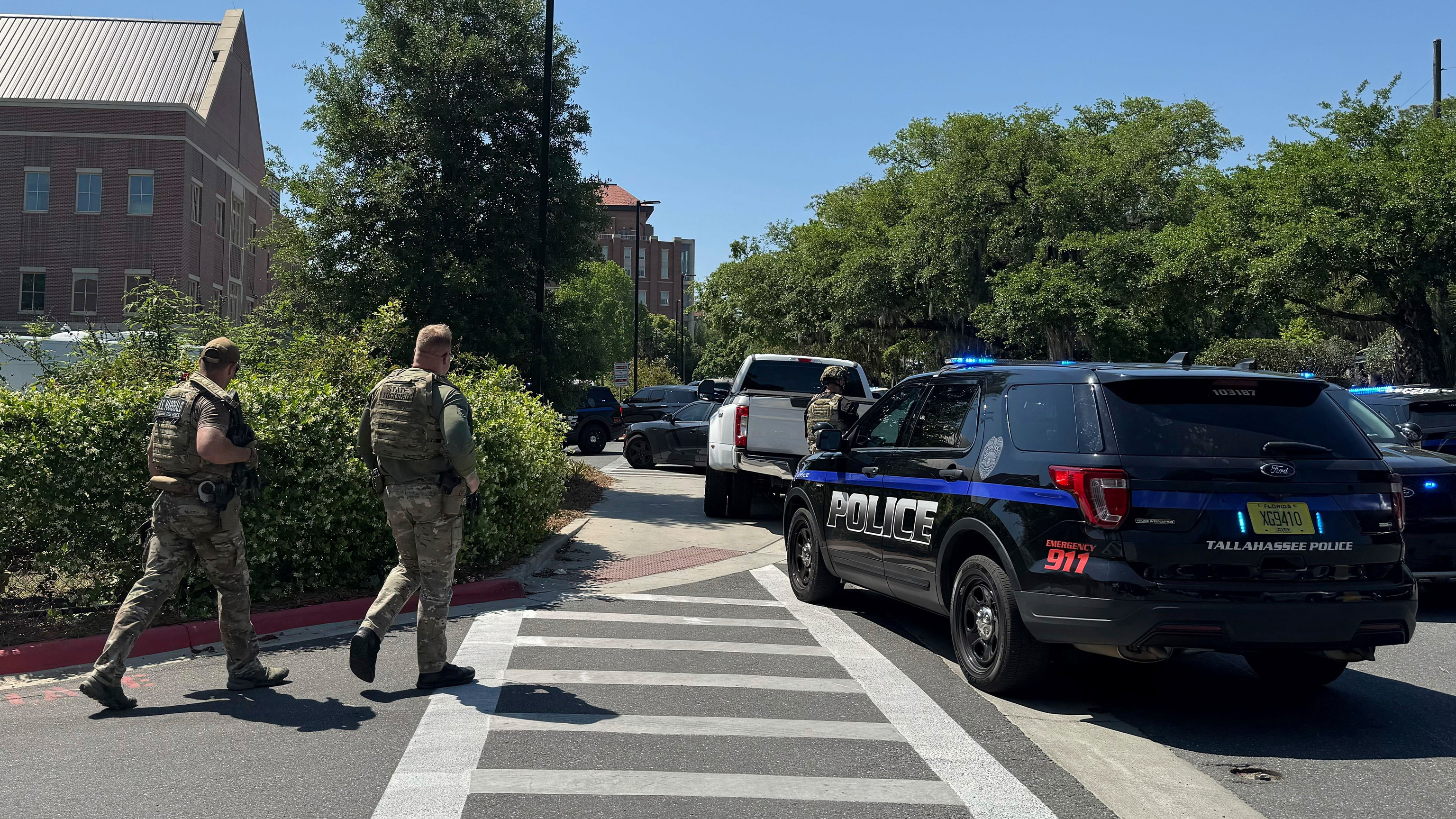Legacy of pressure: Playing quarterback for the San Francisco 49ers

SANTA CLARA, Calif. -- For San Francisco football fans, the names roll off the tongue like fog rolls off the Bay: Y.A. Tittle, John Brodie, Joe Montana, Steve Young.
They are the Mount Rushmore of Fog City signal-callers, the quartet that took the job of professional quarterback and elevated it to a bigger title for all who would follow: San Francisco 49ers quarterback.
It's a job that comes with perks for those who can handle it, and chews up and spits out those who can't. Of late, the latter has been much more common for just about everyone who has tried.
The 49ers haven't had a quarterback earn a Pro Bowl berth since Jeff Garcia in 2002. That 19-year drought is the second-longest in the NFL, trailing only the Miami Dolphins, who haven't had a Pro Bowl quarterback since Dan Marino in 1995.
It's a jarring stat given the team's rich history at the position. It might also be a window into how difficult it is to live in the shadow of so many quarterbacking giants.
"To be the No. 1 overall pick obviously comes with a lot of expectations," said Alex Smith, the only quarterback the franchise has selected first overall. "But then to come to a franchise like the 49ers, where you think of offense and quarterback play and it embodies that. No question, that kind of hangs over you a little bit. That certainly is there."
As the 49ers prepare for Sunday night's meeting (8:20 p.m. ET, NBC) with the Green Bay Packers -- another franchise with a distinctly high-profile quarterback job -- they do so with veteran Jimmy Garoppolo as the starter and rookie Trey Lance in waiting. Someday relatively soon, Lance will likely seize the role from Garoppolo and take his shot at becoming the first true franchise signal-caller the team has had since Young.
The job, already hard for any quarterback, comes with plenty of pitfalls. One need only to see it through the eyes of three former 49ers quarterbacks from three different eras -- Steve Spurrier, Steve Young and Alex Smith -- to understand how it has evolved.
Steve Spurrier: 'It's so much different now'
When the 49ers used the No. 3 overall pick on Steve Spurrier in the 1967 NFL draft, Spurrier was taken aback. Those Niners already had Brodie, himself the third choice in the 1957 draft, and there wasn't much indication Brodie would move on any time soon.
Spurrier, the 1966 Heisman Trophy winner at Florida, was told he would sit on the bench for a few years and when Brodie retired, the job was his. Brodie and Tittle had already created sizable expectations for any quarterbacks who would follow, something Spurrier was aware of but not quite ready for as he reflects on it now.
"I wasn't a very self-motivating person, I don't think, at times," Spurrier said. "Some people need somebody to really push you hard and this, that and the other. ... But it was my fault. It wasn't anybody else's fault."
Although the occasional Brodie injury forced Spurrier into action, his primary job as a rookie was actually punter. Spurrier played offense sporadically his first three seasons as it became increasingly clear Brodie wasn't going anywhere.
In today's NFL, the idea of using the No. 3 overall pick on a quarterback to someday replace your previous No. 3 pick, who had been a second-team All Pro and led the league in passing yards, would draw criticism. Back then? Not so much.
"That far back, there wasn't a whole lot of pressure," Spurrier said. "Pro football wasn't like it is today. I was a first-round pick and all that, I just didn't play enough to have a lot of pressure on me."
Spurrier spent most games and practices observing what the defense was doing and passing those notes along to Brodie. Spurrier says there wasn't much complicated about the game back then, as the Niners didn't have many plays and opposing defenses' idea of a wrinkle was playing zone coverage.
As it turned out, Brodie only got better after Spurrier's arrival, winning league MVP in 1970 and sticking in the starting role for the first seven years of Spurrier's career. There were a few bright moments for Spurrier along the way, including a five-touchdown game -- tying Tittle and Brodie for a then-franchise record -- against Chicago in 1972. Spurrier left the 49ers after the 1975 season and left the NFL after 1976.
When Spurrier, who would go on to coach the Florida Gators to a national championship before a brief stint in charge of the Washington Football Team, returned to the Bay Area in 2019 for a reunion with some of his teammates from the 1970 team, he approached Brodie and offered him a thank you for what took place decades before.
"I told him, 'Brod, I want to thank you for being the starter those seven years because I got 10 years in the NFL, so my pension is real good thanks to you and I didn't even have to play,'" Spurrier said, laughing. "Backup quarterbacks last a long time. Those who have to play right away, especially on a bad team, they don't last very long."
Steve Young: 'Playing great football is not enough'
After a stint in the USFL and a 3-16 record as a two-year starter with the Tampa Bay Buccaneers, Young arrived in San Francisco as the backup to a franchise legend in 1987. Joe Montana had been the epitome of cool at the position (so much so that it became the surname in his nickname), and led the 49ers on a dynastic run that included four Super Bowl championships.
It took Young about half a decade to really understand what his job entailed. In 1992, Young started all 16 games for the first time, going on to win his first of two MVP awards and posting a 107.0 passer rating. Montana was traded to the Kansas City Chiefs in 1993.
Despite Young's breakout season, the Niners lost in the NFC Championship Game to rival Dallas. It was then that Young grasped the all-or-nothing expectations.
"You have to have a mentality that playing great football is not enough," Young said. "I learned being the MVP is not enough. Going deep in the playoffs is not enough. It's a Super Bowl city. Take it in and own it."
Once Young came to that realization, he never looked back. He won another MVP in 1994 and led the Niners to their fifth Lombardi Trophy, famously having the invisible "monkey" removed from his back after a six-touchdown performance, beating the Chargers in Super Bowl XXIX.
Young acknowledges playing quarterback for the Niners does come with more pressure than it might in other places. But he also points out playing quarterback in the NFL is a challenge regardless of the franchise.
"There's expectations, there's pressure," Young said. "All that stuff goes with it. But in the end, to play franchise-type great quarterback football, I don't care where you are, it's hard. It's hard enough to not have you distinguish that it's extra hard. It's probably extra hard, I'll admit it, but so what? It's already so hard, it doesn't matter."
Alex Smith: 'You definitely know the history'
As Young's career began to wind down leading into his 1999 retirement, the 49ers repeatedly swung and missed at finding his replacement. The likes of Jim Druckenmiller, Giovanni Carmazzi, Tim Rattay and Ken Dorsey tried and failed to fill Young's giant shoes. Only Garcia had anything resembling a consistent run of success for any post-Young Niners quarterback, starting the majority of games from 2000 to 2003.
Finally, after a brutal 2-14 showing in 2004, the Niners selected Smith, choosing him over lifelong Niners fan Aaron Rodgers with the top pick in the 2005 NFL draft.
"You definitely knew the history and the expectations," Smith said. "It was such a rebuilding process my first few years. There was a ton of turnover, trying to get the building right and get the locker room right. In the midst of that, you are just trying to do your job as best you can. No doubt, those banners hang there and you can't miss them. The rich history, so much of the alumni is still around and you get to meet them and get to know them. So, you definitely know the expectation level."
Smith faced constant questions about whether he could translate his college success in Utah's wide-open offense to the NFL while the league was exploding in popularity and the internet was suddenly offering a platform for anyone who wanted one.
As though that weren't enough, Smith had seven offensive coordinators and three head coaches in his first seven seasons. It wasn't until Jim Harbaugh arrived in 2011 that Smith settled in and played up to his draft status.
"To be faced with those kinds of expectations and pressures, certainly it was a steep learning curve for me," Smith said.
Unfortunately for Smith, he suffered a concussion in a Week 10 tie with the Rams, interrupting what was shaping up as his best NFL season. Colin Kaepernick, the team's second-round pick in 2011, stepped in for Smith, adding an even more dynamic rushing threat to the offense. Smith never regained the job, as the Niners shipped him to Kansas City in an offseason trade. Kaepernick went on to lead the 49ers to Super Bowl XLVII.
Looking back, one thing that helped Smith handle it was Montana and Young reaching out on Day 1 and letting him know they'd be available as a resource. It's something they have continued to do with every quarterback that attempts to bring the Niners their sixth Lombardi Trophy.
"I'm so thankful looking back that they were both so open," Smith said. "Whenever they were around, it was such a mentoring kind of relationship. It was calming for me."






